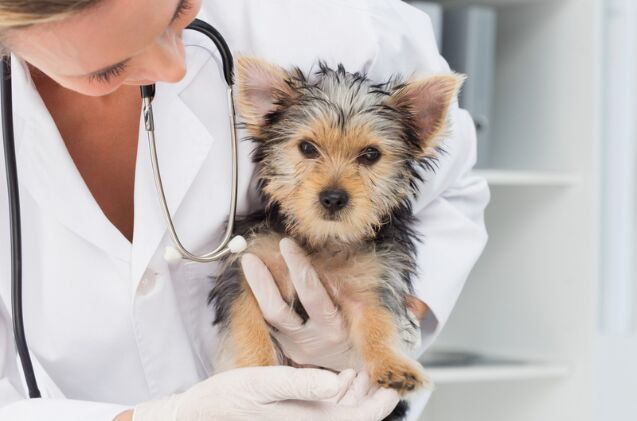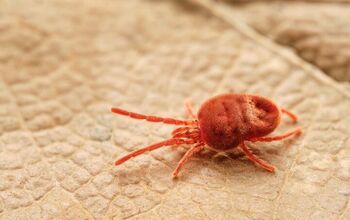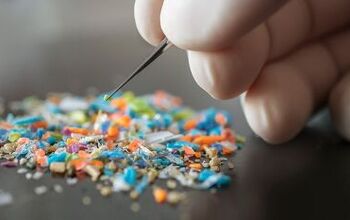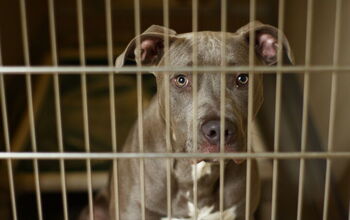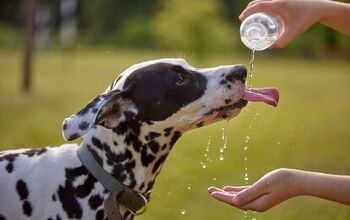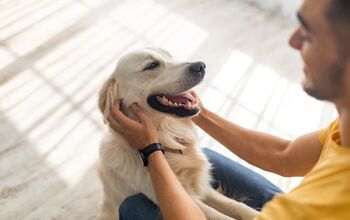Veterinarians Warn About Rise in Deadly Parvo Cases

As loving pet parents, we do everything we can to keep our pets safe. From buying the best food we can afford to keeping their vaccinations up to date – we understand that our furry family members rely on us to care for them.
Unfortunately, some illnesses make this more challenging. One example is the risk of deadly canine parvovirus (also known as parvo) in puppies.
While there is a vaccine to protect dogs from the disease, there is a window of time before your puppy has received the complete series of vaccinations needed to be effective. It is highly contagious and spread through direct contact with contaminated surfaces, further increasing the risk during the curious stage of a puppy’s life.
The disease was first discovered in 1978. It quickly spread, causing concern among veterinary professionals and dog lovers. During the pandemic, another concerning increase in cases was seen.
Now, in 2024, veterinarians in several locations are sounding the alarm. In April, vets in Kansas City released a statement after The Pet Resource Center of Kansas City faced 20 cases in a week. At the same time, San Antonio Animal Care Services warned dog parents in the city that they, too, were seeing a rise in cases.
Since that time, the areas of concern have continued to grow.
What is Parvo?
You may be wondering what parvo is and why veterinarians are so worried about the increase in cases. Canine Parvovirus is a disease that impacts a dog’s stomach and small intestines, disrupting their ability to digest food and absorb much-needed nutrients. It can also impact the lymphatic system, bone marrow, and heart.
It is highly contagious and, when contracted, often severe or fatal.
“Without treatment, up to 90% of animals will die,” explained Chief Veterinarian Melia Washington of The Pet Resource Center of Kansas City. “Even with treatment, we only tell people it’s a 50/50 shot.”
Traditionally, treatment focuses almost entirely on supportive care, relying on the puppy’s ability to fight the virus naturally. However, in May 2023, the USDA granted a conditional license for the first-ever canine parvovirus treatment, which experts hope will change the outcome for many dogs.
What are the Warning Signs?
If your puppy does contract parvo, time is of the essence. The sooner you see a veterinarian and start treatment, the better their chance of survival.
Watch out for these common warning signs:
- Vomiting
- Diarrhea (including bloody diarrhea)
- Loss of appetite
- Sudden high fever
- Lethargy
- Depression
You should seek veterinary care if you notice signs that something is “off” in a young puppy, especially if it occurs before the puppy has completed all recommended puppy vaccines. Puppies are vulnerable, and a minor illness can turn life-threatening very quickly when left unaddressed.
How Can You Keep Your Puppy Safe?
The most important step in keeping your puppy safe from canine parvovirus is to ensure that you stick to the recommended vaccination schedule. Puppies should receive vaccines at 8, 12, and 16 weeks of age, and the vaccine will not be fully effective until all three rounds have been administered.
Socialization is crucial for puppies, but you must take extra care before they are fully vaccinated. Avoid high-risk locations like dog parks, kennels, and doggy daycares.
If your puppy is being introduced to other dogs, ensure the other dog is fully vaccinated. The best way to socialize a young puppy with other dogs is to do so with dogs you know, like those owned by family and friends.
Talk to your veterinarian if you have questions or are unsure if a situation will be safe for your puppy.
Join the PetGuide community. Get the latest pet news and product recommendations by subscribing to our newsletter here.

Britt Kascjak is a proud pet mom, sharing her heart (and her home) with her “pack” which includes her husband John, their 2 dogs – Lucifer and Willow – and their 2 cats – Pippen and Jinx. She has been active in the animal rescue community for over 15 years, volunteering, fostering and advocating for organizations across Canada and the US. In her free time, she enjoys traveling around the country camping, hiking, and canoeing with her pets.
More by Britt



